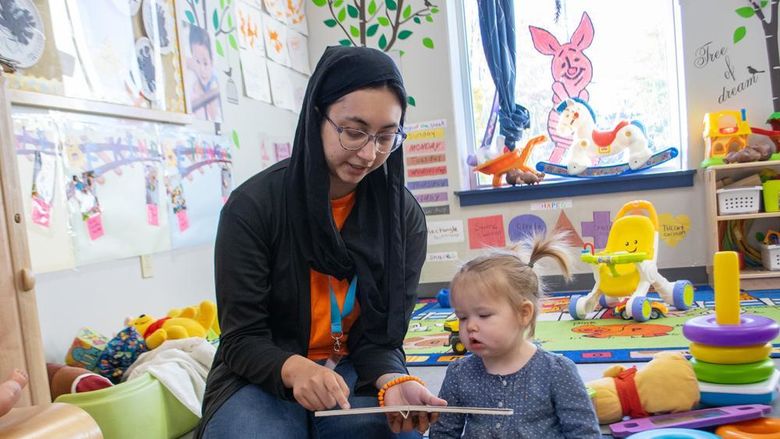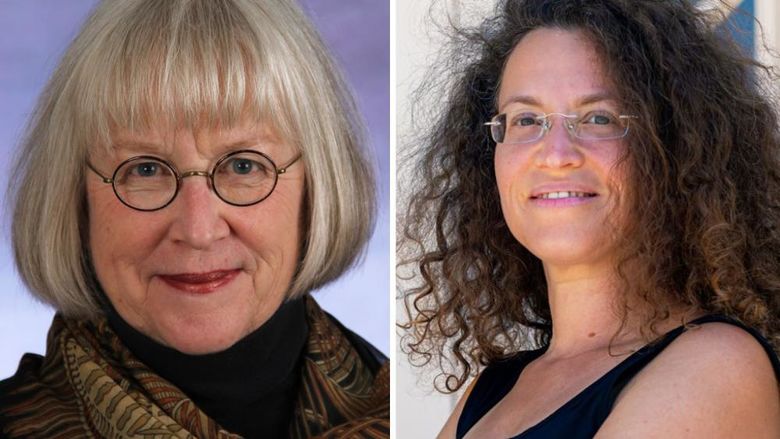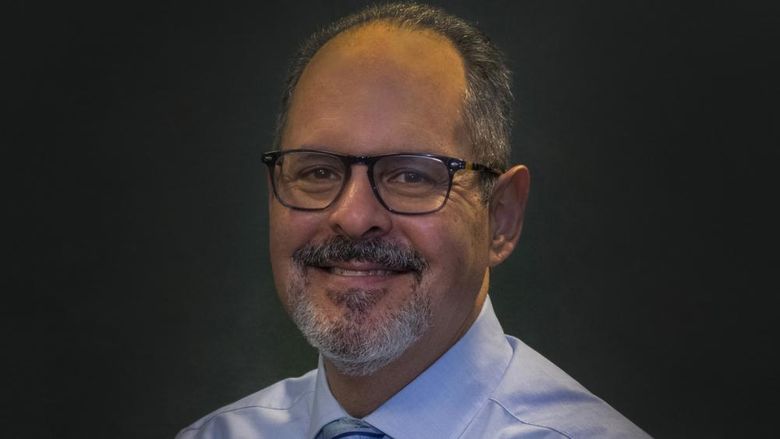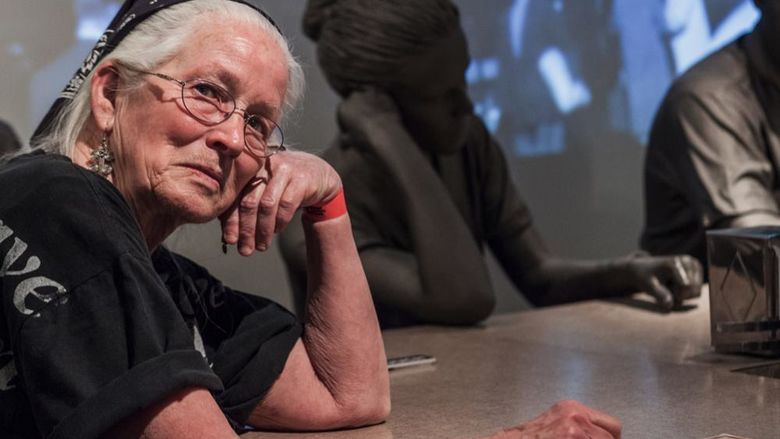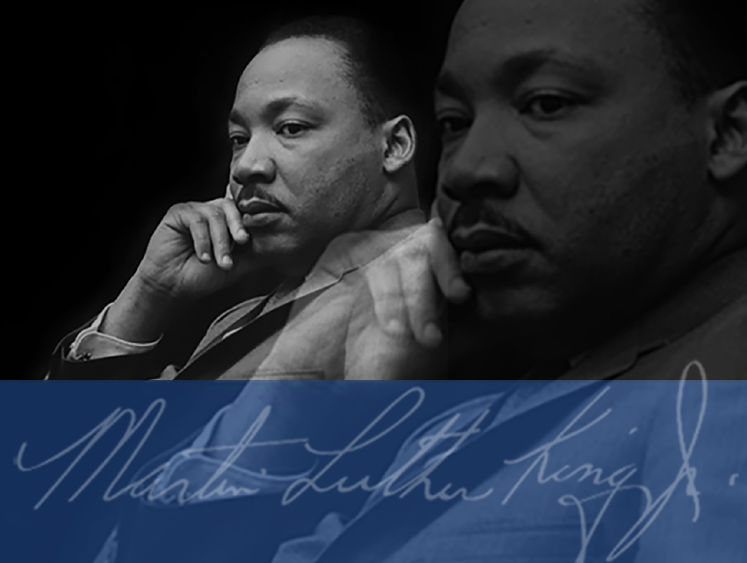
MIDDLETOWN, Pa. — In celebration of the life and legacy of Martin Luther King Jr., Penn State Harrisburg will hold several events.
Martin Luther King Jr. Day Service – Children’s Snack Drive – Monday, Dec. 11–Thursday, Jan. 11. The campus community is invited to contribute nonperishable items such as granola bars, individual packets of fruit snacks, or individual packs of pretzels for children in the greater Harrisburg area. Please avoid purchasing items that contain nuts or peanut butter. Collection boxes are located in the Olmsted Atrium and SEC Living Room. Assembled snack bags will be donated to United Way’s Ready for School, Ready to Succeed school readiness initiative where they will be distributed to children attending a workshop or field trip. For more information, contact Jenn Shultz at [email protected].
Martin Luther King Jr. Day Service – Service Opportunity – Friday, Jan. 12, 11 a.m.–1 p.m., Gallery Lounge, Olmsted W107. The college community is invited to help package and decorate snack bags for children in the greater Harrisburg area with collected snacks. For more information, contact Jenn Shultz at [email protected].
MLK Commemorative Banquet – Monday, Jan, 15, at 5:30 p.m., Hershey Lodge, Hershey. The event’s theme — “Where Do We Go From Here: Chaos or Community?” — is based on Martin Luther King Jr.’s 1967 book of the same name, which advocated for human rights and a sense of hope. The banquet aims to increase community engagement between local organizations, businesses and community members; strengthen community bonds; and foster a sense of unity and collective responsibility toward King’s vision of a more just and equitable society. Register here. For more information, contact Wanda B. Knight, assistant dean for diversity, equity and inclusion at [email protected].
Miss Lydia’s Church – a Dr. Martin Luther King Jr. Play – Saturday, Jan. 20, 2–4 p.m., Kulkarni Theatre, Student Enrichment Center. Play synopsis: In January 1924, in the middle of a snowstorm, four people, two sets of strangers, came together. Two were White; two were Black. Two were women; two were men. Two were steeped in religion; two were centered in astronomy. All were wishing for better relations between the races. What brought these strangers together? Was it a moon phase or a planetary shift? Perhaps it was something deeper and farther away. One hundred years later, these four individuals have much to tell us about engaging in the difficult discourses that are important in the healing of oneself and the nation. Reserve your seat for this free event.
